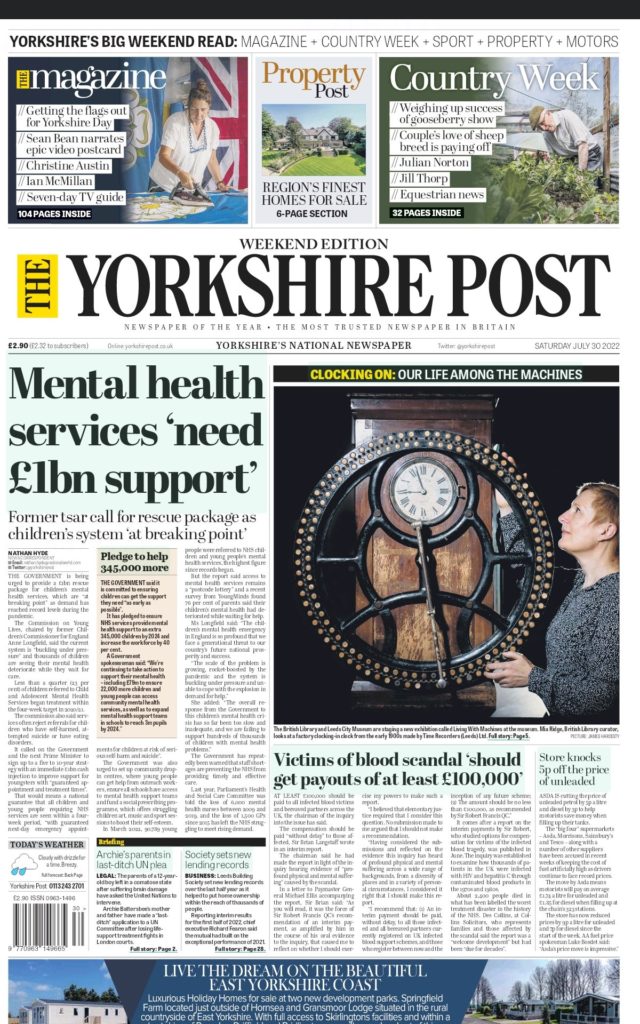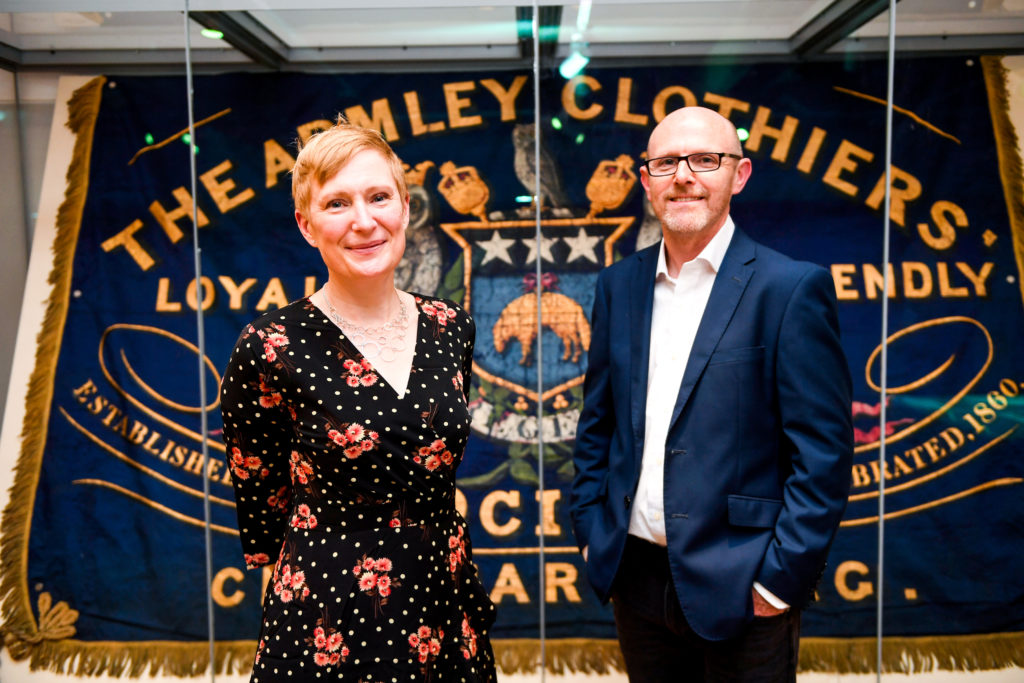I've been working on structures for online workshops for people working on crowdsourcing and other digital participation projects for museums, libraries and archives for over a decade now, learning from each institution I work with. I thought I'd share one of the slide decks I'm currently using.
The deck is labelled 'Coming up with and developing crowdsourcing ideas'. In a workshop or class on crowdsourcing it usually comes after sessions that explain the whats and whys of crowdsourcing in cultural heritage. It's designed to get people quickly working on practical ideas, anticipating issues and ensuring that their projects will fit into their specific institutional context.
The prompts currently include: What does success look like? Which audiences are interested? Why? What could you learn from trying this? Which collections are involved? Links to mission? Pros? Cons? How could you ensure data quality? Costs (staff, tech)? Dependencies / assumptions? What problem does it address? Questions, concerns? What volunteer skills, experience needed? What will they learn? What tech, data is needed?
You can develop your own prompts based on the attributes that are important to you. The Collective Wisdom Handbook is a useful guide to figuring out what's important to you, from data quality to integration with existing workflows.
I mostly recently used this for a Europeana-funded workshop for the Estonian War Museum – General Laidoner Museum in March 2022.
The museums have shared some lessons from the workshop in a post for Europeana. Their report 'Estonian museums' experience in the field of crowdsourcing' not only provides some background on volunteering and crowdsourcing in Estonian museums, it also shows how they applied the prompts.
Crowdsourcing workshop activities: ideation and elaboration by Mia Ridge is licensed under CC BY-SA 4.0


